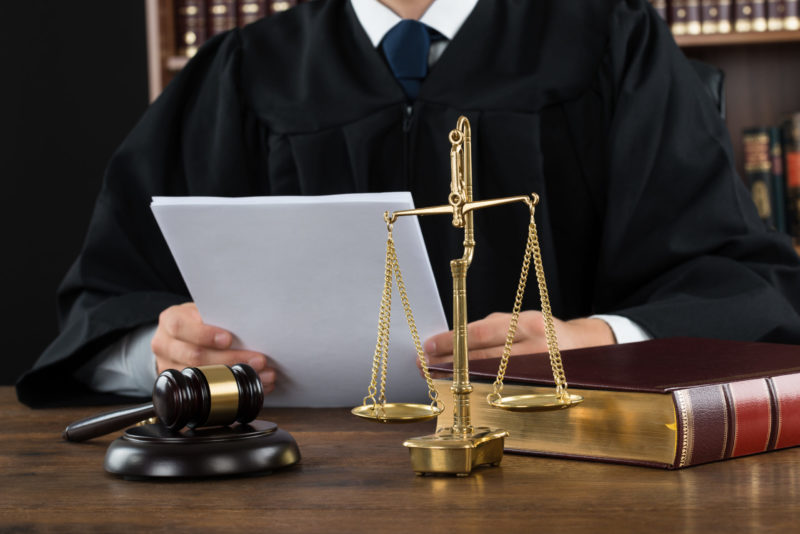
Whistleblowers play a vital part in ensuring our world is fairer and more just. Because of their valuable service to society, several laws protect whistleblowers against retaliation, and some laws even reward them for their bravery. One of the oldest and most important whistleblower acts is the False Claims Act (FCA). One important feature of the FCA is the “qui tam” lawsuit. This kind of litigation allows whistleblowers to sue bad actors on the government’s behalf and receive a substantial portion of the government’s recovery.
The potential reward for a successful qui tam whistleblower can be sizable. However, it also requires extensive documentation, preparation, and hard work. Read on to learn more about improving your chances of bringing a successful qui tam lawsuit. Ultimately, the best way to improve your odds of prevailing in a qui tam action is to hire an experienced qui tam attorney. Get in touch with us today to schedule a free consultation with one of our whistleblower attorneys.
What Is Qui Tam?
The words “qui tam” are a small part of the ancient Latin phrase, “qui tam pro domino rege quan pro se ipso in hac parte sequitur.” This lengthy phrase refers to a person “who sues in this matter for the king as well as for himself.” Put another way, a qui tam plaintiff stands in the place of the government. In court, a qui tam plaintiff is free to bring any and claims on behalf of the government against persons or companies who defraud the government.
The FCA is one of only a few statutes that allow for qui tam lawsuits. In return for their service to the government, the plaintiff in a qui tam action receives a piece of the government’s compensation. The amount varies between 15% and 30% of the government’s final compensation. If the Department of Justice intervenes in the case on the side of the qui tam plaintiff, the recovery is smaller. On the other hand, the plaintiff can expect a significantly larger return if they prosecute the entire case without the government’s assistance.
What Makes a Successful Qui Tam Case?
The most important part of a successful qui tam case is reliable, specific information and documents supporting the plaintiff’s claims. Examples of helpful evidence include items like:
- Signed witness statements;
- Contemporaneous written notes;
- Video or audio recordings of bad actors;
- Office memorandums;
- Digital evidence, like text messages and emails;
- Financial documents, like spreadsheets and ledgers; and
- Photographs.
The best evidence is unambiguous and directly supports claims of fraud against the government. Provided the evidence you have is relevant and admissible in court, it can potentially contribute to a successful qui tam case.
The other key part of a successful qui tam case is timeliness. Like most other laws, the FCA requires that qui tam lawsuits be brought within six years of the fraud. If a whistleblower waits until the deadline has passed to file a lawsuit, their lawsuit will likely be dismissed.
What Documentation Do You Need to Prove a Qui Tam Case?
To succeed in a qui tam lawsuit, the plaintiff must establish two elements. First, they must establish that the defendant in the case violated a provision of the FCA. Violations of the FCA include things like:
- Making false or misleading statements when applying for a government contract,
- Giving false statements to the government while executing a contractual agreement,
- Submitting a false payment claim to the government, such a claim for services or products not actually provided,
- Overcharging the government for a particular service or product, and
- Providing the government with defective products while demanding payment in full.
However, it is not sufficient to simply show that an employer has violated the FCA. A successful qui tam plaintiff must also show the violation was knowing or intentional. Therefore, you need to provide any and all documentation that helps you meet these two prongs.
Want to Know More About Qui Tam Lawsuits? Schedule a Free Initial Consultation with Us Today.
By now, you have a basic answer to the question, “What do you need to prove a qui tam case?” The FCA is a niche area of law that is incredibly difficult to navigate successfully. Even attorneys who are experienced in other areas of the law regularly make mistakes in qui tam cases. That’s why you should seek experienced legal counsel if you are considering filing a qui tam action. King & Siegel LLP is one of California’s leading qui tam law firms. All of our attorneys graduated from the top five law schools in the United States and worked at some of the largest litigation firms in the country. Our attorneys are experienced with strategizing for success in FCA-related claims. They also have ample experience with whistleblower issues and a sterling track record of success. Contact us online or by phone to schedule a free, no-strings-attached consultation.

